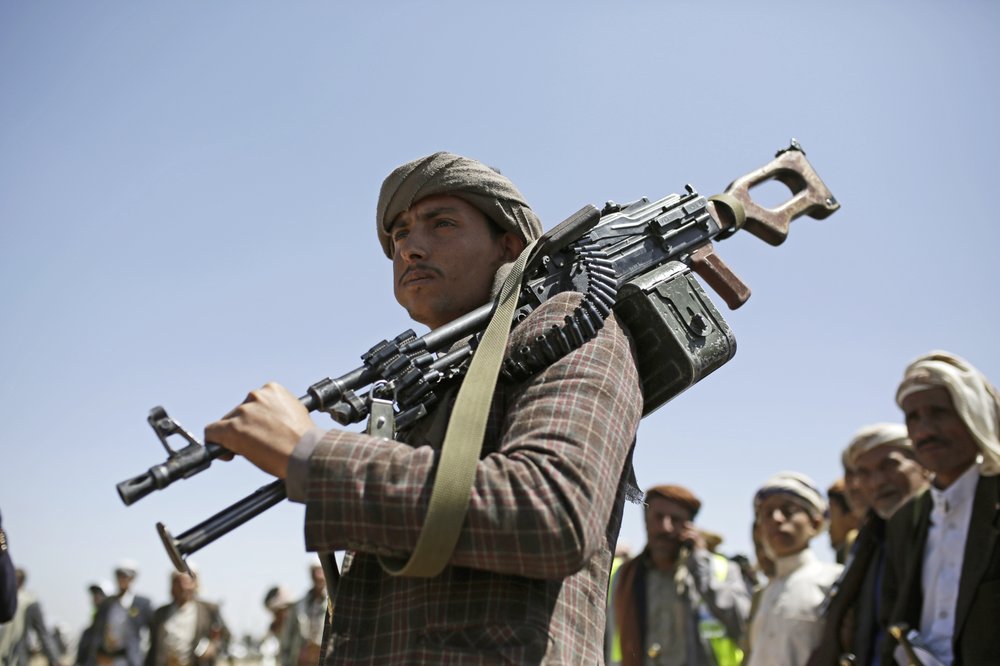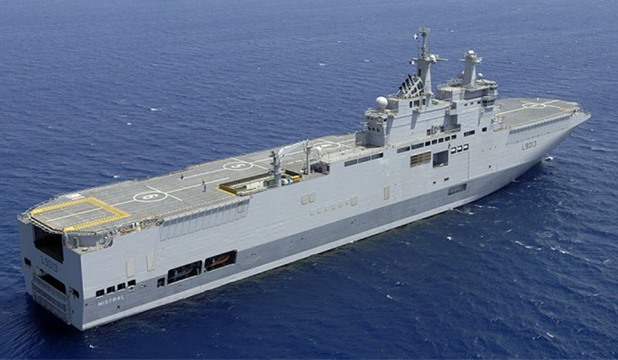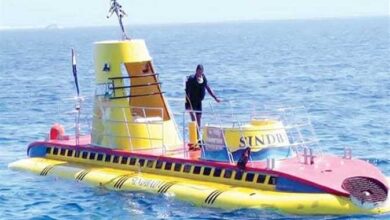Egypt may face economic and environmental disaster if its waterways continue to be fished beyond sustainable levels, environmental experts say.
"Over-fishing" via net-fishing in the Mediterranean Sea has decimated fish populations, while the same form of fishing continues to destroy the Red Sea's fragile ecosystems, endangering coral reefs and the multitude of marine life. Net-fishing, however, is closely associated with the livelihoods of at least 200,000 fishermen and workers employed in the industry.
According to statistics published on the website of the General Authority for Fisheries Resources Development (GAFRD), which is affiliated to the Ministry of Agriculture, Egypt's annual fish catch amounts to over 1 million tons. Around 35 percent of this comes from the local and regional waters of the Mediterranean and Red Sea, along with the Nile River and lakes, while 65 percent now comes from fish farms. Fishermen have been catching fewer fish in Egypt's territorial waterways ever since the late 1990s.
Among the most recent efforts to combat over-fishing in Egypt's Red Sea is the Hurghada Declaration. Signed in June 2009, this declaration of principles, while not bearing the weight of law, seeks to ban all net-fishing and trawling in the Red Sea, with the exception of the area north of the Gulf of Suez. It also seeks to establish "no-take" zones, which are areas free of fishing activity. The Hurghada Declaration was formulated and signed by the Hurghada Environmental Protection and Conservation Association (HEPCA, an independent NGO) in cooperation with the Red Sea Governorate, the South Sinai Governorate, and the Suez Governorate, along with the Ministries of Agriculture and Environment.
The Hurghada Declaration is said to provide a framework for implementing conservation recommendations, which aim to reduce pressures on Red Sea marine resources while simultaneously addressing the needs of local communities that rely upon these resources for their livelihoods. Its provisions seek to close Egypt's Red Sea to further encroachments by fishing fleets, to buy back commercial fishing licenses, to retrain fishermen in alternative forms of work, and to assist in relocating those fishermen not legally permitted to fish.
In principle, the declaration seeks to safeguard the tourism and diving industries and the biodiversity of Egypt's Red Sea by completely banning net-fishing and trawling south of the Gulf of Suez. The declaration also aims at establishing reserves in important marine areas while designating other areas where amateur or sports fishermen can fish using conventional fishing rods.
An instrumental figure in the formulation of the Hurghada Declaration is Mahmoud Hanafy, professor of marine biology at the University of Suez and environmental adviser to both HEPCA and the Red Sea Governor. Hanafy said that the annual ban on Red Sea fishing during the spawning season–from July to September–is not enough.
"The Red Sea is not a valuable fishing ground, due to the low water fertility and productivity, and should be permanently closed off to all forms of commercial fishing, allowing only traditional or recreational fishing," he said. He went on to explain that an average of 20,000 tons of fish is caught each year in the sea, far surpassing the recommended sustainable limit of between 900 and 1,500 tons.
While fishing in the Red Sea accounts for only a tiny fraction of Egypt's annual catch, the environmental damage associated with net-fishing in the sea is tremendous.
Hanafy pointed out that net fishing and trawling destroys coral reefs and ensnares all sorts and sizes of marine life–devastating fragile and interdependent ecosystems in the process. Threatened and endangered species, he added, like "sharks, turtles and marine mammals, including dolphins and dugongs, all fall prey to these acts of net fishing."
He explained that, traditionally, local fishermen in the Red Sea used lines and hooks or fishing rods. Many generations of fishermen have earned their living by using these fishing methods. "We cannot suddenly ask them to stop fishing without providing alternatives," Hanafy said. "There must be means by which to compensate or retrain these fishermen. One way to do so is to incorporate them into the local tourism industry as boat-runners, dive operators, etc."
Numerous outsiders, primarily fishermen from the Nile Delta, have reportedly moved to the Red Sea where they use techniques that can have a devastating effect on local marine resources. Information posted on the GAFRD website indicates that these fishermen use nets with narrow holes, which capture fingerlings and other marine life along with mature fish, while cases of fishing with dynamite, electric currents, and, more commonly, poisons, have been reported.
Mohamed al-Sayyed, a fisherman and former boat captain from the Town of Borg Meghezel east of Rosetta, told Al-Masry Al-Youm that there were a number of fishermen from the Mediterranean coast who work in the Red Sea. “But they're not allowed to go with their boats, so they work on other people's boats there. Sometimes they go fishing off the coasts of Yemen and Eritrea."
"In the Mediterranean, we go beyond Egypt's territorial waters into international waters and into the regional waters of other countries, especially around Libya and Malta," al-Sayyed added. Just one week earlier, local media reported that 15 fishermen from Borg Meghezel had been detained in Tunisia for fishing in Tunisian territorial waters. Commenting on the incident, al-Sayyed said, "The waters off Egypt's coast are overcrowded and over-fished. As a result, nearly every fisherman heads westward, where there's more fish to be found. The Libyan Navy sometimes fires rounds at our boats when we get too close to their coast."
But al-Sayyed explained why he agreed with the seasonal fishing ban from May to June, which is enforced by the Ministry of Agriculture. “If we attempt to go fishing during this seasonal ban we will be fined or arrested. Furthermore, we primarily catch little baby fish, fingerlings during this season,” he said. This is the case until August.
“Personally, I'd like to see a fishing ban enforced from June to August or from July to September, but then we would be without work–or any source of income–for a quarter of the year," al-Sayyed noted. "That's why we have to go fishing, even if we only catch a little fish."
He added that the Egyptian coast guard and officials from the Ministry of Agriculture “don't care what we catch, whether fingerlings or big fish. The government just wants its taxes.” He concluded, noting, “We're prohibited from catching sea turtles because they are endangered. They're very hard to find in this sea, but fishermen can easily bribe petty governmental inspectors, and bring back whatever they want from the sea.”
For Hanafy, it takes a “political will” to have the Hurghada Declaration enforced, along with other conservation measures, to protect the country’s fragile marine environment.
Spokespeople from the GAFRD, the Ministry of Agriculture and the Ministry of Environment, for their part, were not available for comment on the issue.




